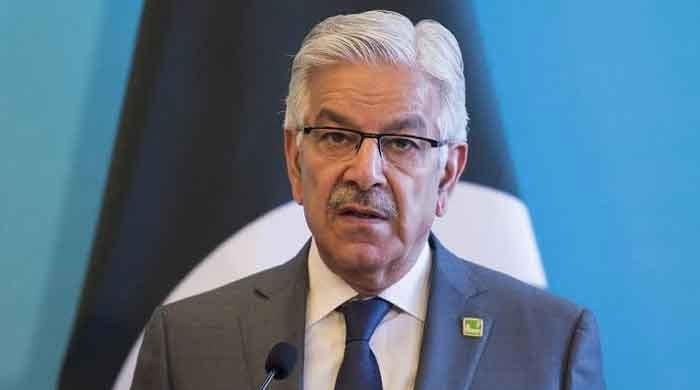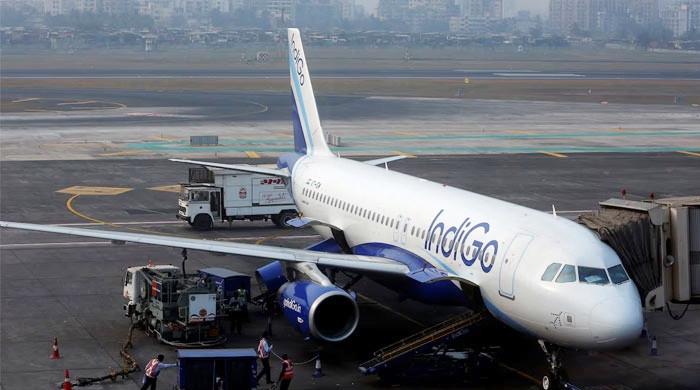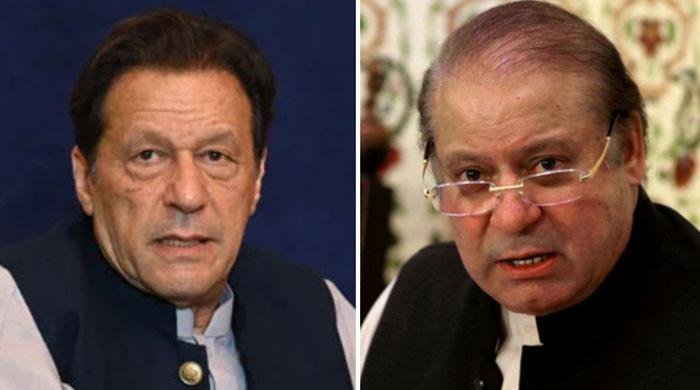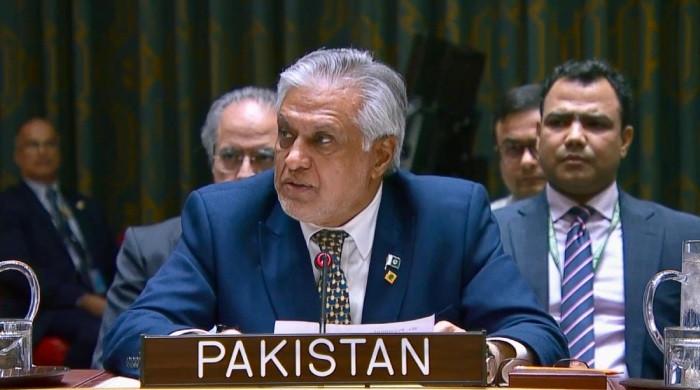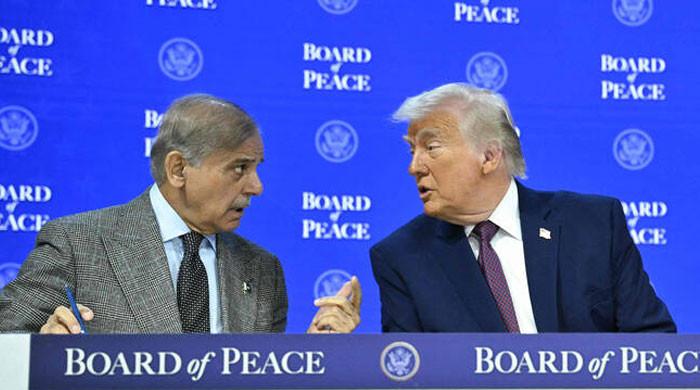Who is Justice Aminuddin Khan, first CJ of newly formed FCC?
Jurist rose from Multan's legal circles to lead Pakistan's newly formed FCC following 27th Amendment
November 13, 2025
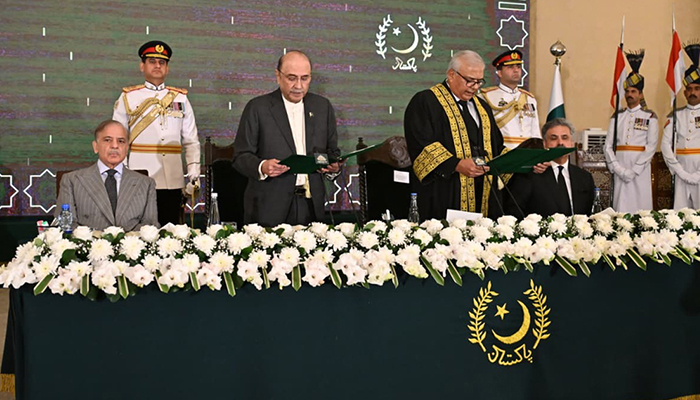
Justice Aminuddin Khan, a seasoned jurist from Multan, has been appointed Chief Justice of the newly established Federal Constitutional Court (FCC) following the 27th Constitutional Amendment.
President Asif Ali Zardari approved Justice Khan's appointment on the advice of Prime Minister Shehbaz Sharif on Thursday, hours after he gave his assent to the fresh constitutional tweaks.
Justice Khan, who began his legal career nearly four decades ago, previously headed the now-dissolved constitutional bench that emerged from the 26th Constitutional Amendment last year.
Born to a noble family of a famous lawyer of the time, Advocate Khan Sadiq Muhammad Ahsan in Multan on December 1, 1960, Justice Khan received his education from a local school in the district, according to the Supreme Court’s website.
After completing his secondary school education in the year 1977 in Multan, he secured his Bachelor's Degree in subjects of Philosophy in the year 1981 and completed his LLB from University Law College, Multan in 1984 and a diploma in Taxation Law.
Justice Khan started practice as a junior with his father and obtained the license to practice in the lower courts in the year 1985. He enrolled as an advocate of the Lahore High Court in 1987.
Some years later, he was enrolled as an Advocate of the Supreme Court in 2001. He joined a local firm in Multan in the year 2001, till elevation remained there.
He practiced in the civil side — mainly from the trial court up to the Supreme Court — and appeared in the Supreme Court in famous and important cases relating to property, pre-emption, and matters of inheritance. These subjects remained the favourite subjects.
In 2011, Justice Khan was appointed to the Lahore High Court bench, where he soon became noted for resolving long-standing civil cases efficiently. Presiding over cases at the Bahawalpur, Multan, and Lahore benches, he contributed a series of judgments that were frequently upheld by the Supreme Court.
He was elevated to the Supreme Court of Pakistan on October 21, 2019. Notable among Justice Khan’s recent judgments is his dissenting note in the July 12 reserved seats verdict. Justice Khan was also part of the nine-member larger bench that reviewed the presidential reference filed against the hanging of former prime minister Zulfikar Ali Bhutto.
Khan has also made substantial contributions to legal education, serving as an examiner and lecturer at University Law College, Multan. Additionally, he has held roles on the Syndicate of several universities, including the University of Engineering and Technology, Lahore.





